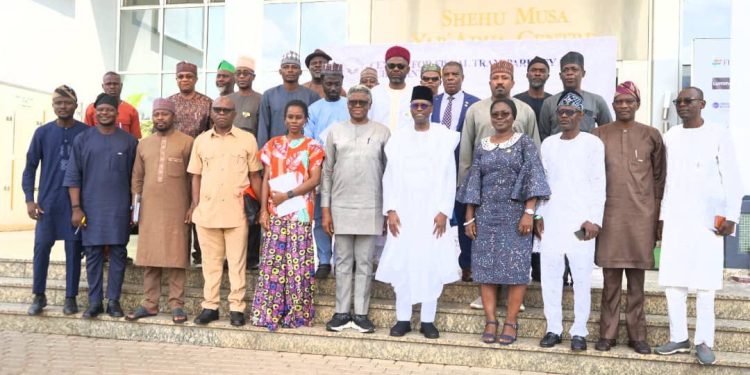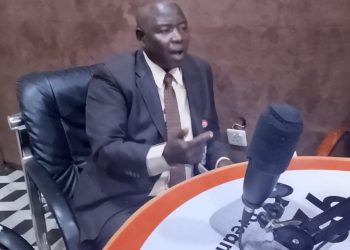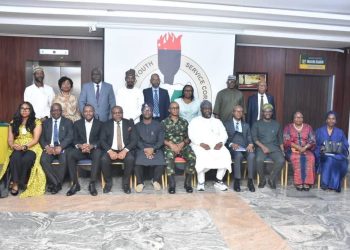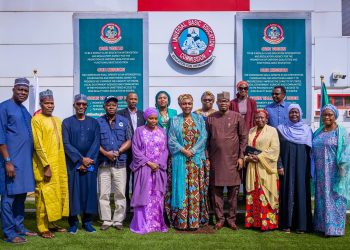By Nkechi Eze
The Independent Corrupt Practices and Other Related Offences Commission (ICPC) has pledged to strengthen institutional frameworks across Nigeria’s 774 Local Government Areas (LGAs) following the unveiling of the first Nigerian Local Government Integrity Index. The initiative, spearheaded by the Centre for Fiscal Transparency and Public Integrity (CeFTPI), was officially presented in Abuja on Friday.
In a statement signed by the ICPC’s Director of Public Enlightenment and Education, Demola Bakare, the Commission’s Chairman, Dr. Musa Adamu Aliyu, SAN, commended the Index as a timely and valuable instrument for deepening transparency and accountability at the grassroots. He assured that the ICPC would study the findings in detail and integrate key innovations into its own newly launched programme, Accountability and Corruption Prevention in Local Governments (ACCP-LG).
“We shall take a cue from this Index Report, particularly the issues that touch on transparency, accountability, and local government finances. The Commission will review the findings thoroughly and determine how to fuse the novel ideas highlighted into our ACCP-LG initiative. Our goal is to strengthen institutional frameworks in local governments, ensuring they deliver impactful and effective services to the people,” Dr. Aliyu stated.
Presenting the report, the Executive Director of CeFTPI, Dr. Umar Yakubu, revealed that the study exposed a deep governance crisis within Nigeria’s local government system. According to the findings, a staggering 85 percent of LGAs fall into the “Very High” or “Critical” risk categories, reflecting widespread opacity, weak enforcement mechanisms, and fragile service delivery.
The Integrity Index assessed LGAs using eight key pillars: fiscal transparency, resource mobilisation, anti-corruption enforcement, post-election governance, civic oversight, public service outcomes, digital infrastructure, and security environment. Among its key highlights, the report showed that 658 LGAs ranked in the lowest tiers, with systemic integrity failures, while only four LGAs representing just 0.5 percent, fell into the “Low Risk” category. Nasarawa LGA in Nasarawa State emerged as the national model, scoring 15 out of 100.
On the other end, Port Harcourt LGA in Rivers State scored 92 out of 100 in the “Critical Risk” tier, marked by the absence of a functional website, frequent denials of Freedom of Information requests, weak public disclosures, and a history of violence and alleged election manipulation. At the state level, while most states fell within the high-risk range, Lagos, Jigawa, Nasarawa, and Kaduna recorded comparatively stronger performances.
Dr. Yakubu recommended urgent reforms, including direct federal allocations to LGAs without state interference, mandatory quarterly transparency audits for high-risk LGAs, and the adoption of open contracting systems, asset disclosure frameworks, and digital governance platforms to improve accountability.
The event highlighted ICPC’s ongoing collaboration with civil society organisations and stakeholders to strengthen Nigeria’s anti-corruption ecosystem through data-driven reforms, credible research, and public engagement. Both the Commission and CeFTPI underscored the importance of using the Index as a tool for policy interventions that would restore integrity and efficiency at the local government level.

















